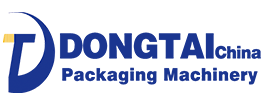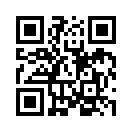How Does a Pad Printer Machine Work?
Filled Etching
In all pad printers there is a sealed ink cup that holds the ink for the print job. When the machine is turned on, this cup sits over the etched plate and fills the etching with ink.
Cup Removal
The printing machine moves the ink cup from over the plate. Even though the machine moves the cup, ink is left in the etching.
Printing Pad
Once the machine has moved the ink cup out of the way, the printing pad moves into position over the ink-filled etching. The printing pad is released downward, which compresses it against the etching. The pad soaks up the ink that was left in the etching.
Pad Positioning and Ink Cup Reset
Once the ink has been lifted out of the etching of the pad, the printing machine lifts the pad and swings it back over the material to be printed (the substrate). At the same time, the sealed ink cup is moved back over the etching, where it fills the etching with ink again so that another copy of the image can be printed.
Printing
As the sealed ink cup refills the etching with ink, the printing pad is released downward and compressed against the substrate. This transfers the ink from the pad to the substrate, and leaves a copy of the etched image on the substrate. The cycle is then repeated. In essence, the machine works like traditional rubber stamps and ink pads, only backwards, since the machine puts the image on the pad rather than using the pad to ink up a stamp for transferring the image. The image on the plate is also indented, rather than protruding.





